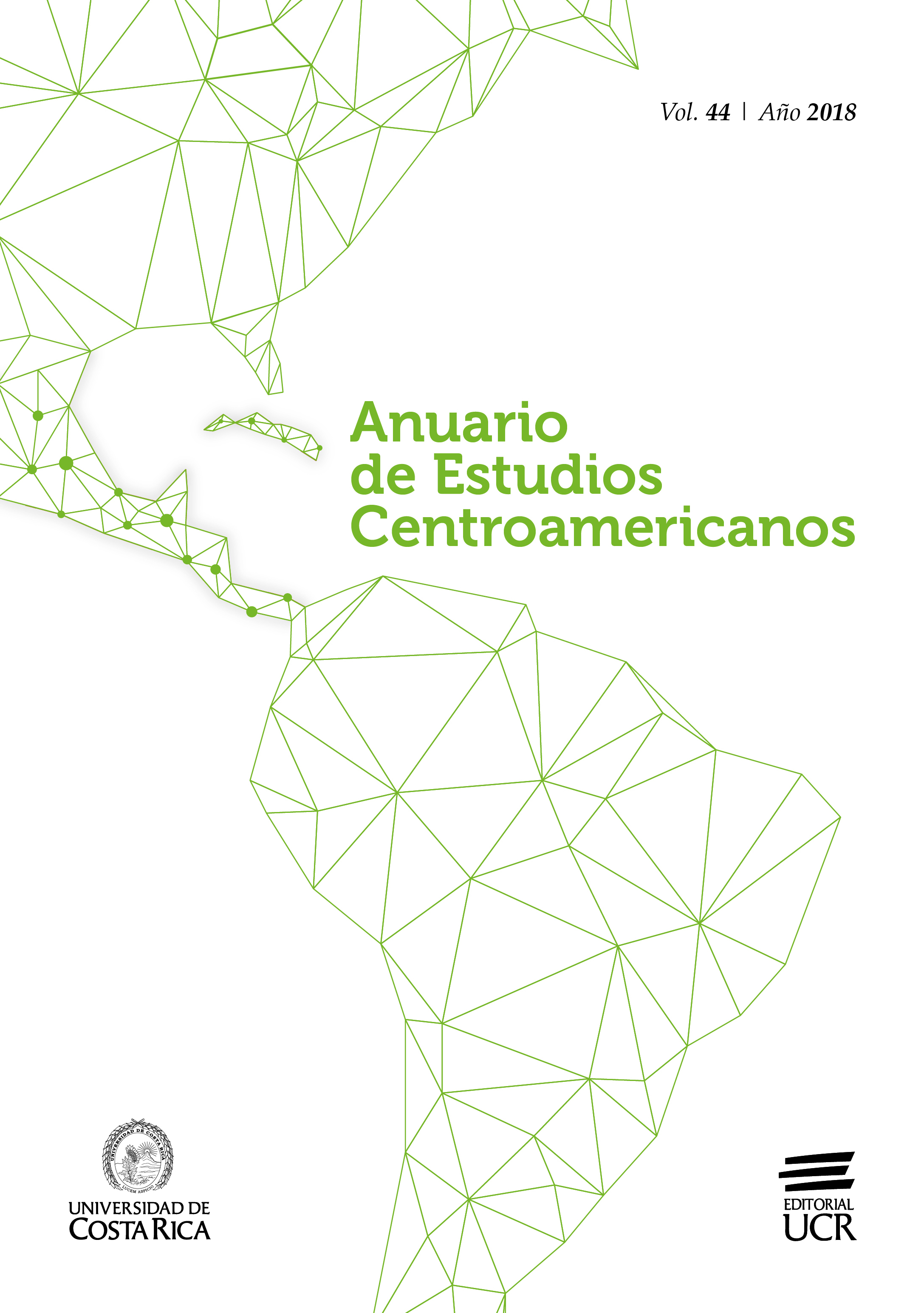Abstract
This article refers to a historiographic and comparative analysis of Afro-descendant populations in the region, in census, legal and national-identity terms. After the abolition of slavery, the fiction of the black race as well as its unfavorable connotation does not disappear; and rather it becomes evident with the unexpected incursion of Afro-Caribbean migration throughout the region, starting in the second half of the 19th century. Although the desired migrants were whites and / or Europeans, the liberal and political elites of the region assume the miscegenation in a differentiated manner, as the integrating nucleus of their identities; besides using immigration laws to stimulate these purposes, while the constitutional frameworks were gradually modified to respond to the new nationality profiles in: Guatemala, Honduras, Nicaragua, Costa Rica and Panama.

